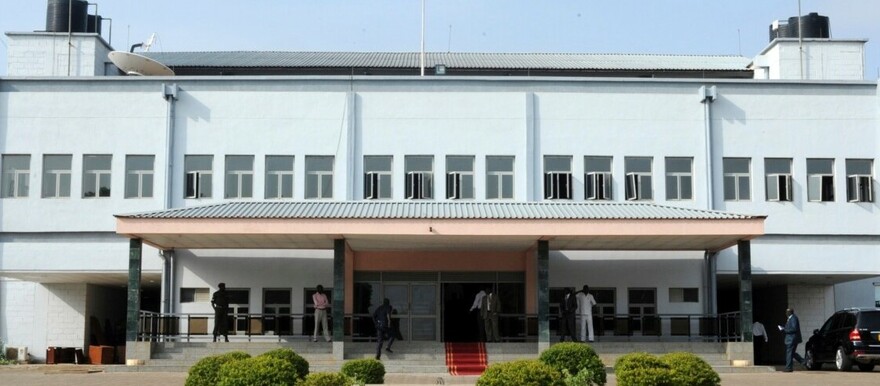A member of Parliament on Tuesday raised concerns about the leadership’s dominance in parliamentary discussions. This criticism arises from allegations that most speaking privileges are granted to high-ranking members, leaving others with limited opportunities to express their views.
Mayan Deng Alier, a member of the Other Political Parites (OPP), expressed dissatisfaction with how the Assembly’s leadership selects members to participate in debates. He claimed that MPs often led discussions in prominent positions, including chief whips and chairpersons, while ordinary members struggled to secure speaking slots. “When we became members of this Parliament, we extended opportunities to our colleagues in leadership roles. Some of them hold positions in the speakership, while others serve as chairpersons, deputies, whips, and chief whips. The issue we re grappling with in this Parliament is that when, for example, there are ten opportunities for speaking, a significant portion, often more than half, is taken up by those in leadership roles. Consequently, most of the items on the agenda are frequently discussed in the ABC,” Alier expressed his concern.
He suggested that the speaker limit speaking privileges to two lawmakers from the leadership side, allowing the remaining members to contribute to the discussions.
The MP considered it meaningless to attend sittings without being given the opportunity to contribute to the discussions.
He proposed, “Right honourable, I suggest that we should designate two leaders from each the right and left wings and let the rest of the members actively participate in our discussions. It appears unnecessary for us to gather here and have only chairpersons, deputies for the whips, and yourself engaging in the discourse. Even when the Right Honourable Speaker presides, your involvement remains important.”
In seeking guidance on how time is allocated and used in parliamentary sessions, Alier highlighted, “Efficient time management is crucial, and I suggest that we should involve some of our more experienced members. Sometimes, one member speaks for nearly 40 minutes, and towards the end of their speech, they introduce a controversial point that might lead to someone raising a point of order. Addressing this can take an additional 20 minutes.”
Responding to these concerns, John Agany, chairperson of the parliamentary committee for information, has dismissed the accusation, considering it mere claims. He also shared his own struggle to secure opportunities to speak, stating that the responsibility for determining who speaks lies with the speaker, not individual members.
“In our parliamentary proceedings, it’s crucial to understand that the conduct of business rules guide how we operate. It’s not up to individuals to choose who gets to speak. According to the Assembly’s Conduct of Business, a minimum of 10 to 15 people must be present for a specific topic under discussion. Once 11 or 15 individuals have spoken, the discussion can be concluded. Given our total of 550 members, if 15 have already spoken, the majority of members remain unaddressed,” he said.
“In this context, with 550 Members of Parliament, for instance, 99.8% would be four. It’s important to recognize that the Spokesperson cannot be held responsible for this situation. So, if I put in the effort and secure a chance to speak, it’s not about dominating the discussion,” he added.
Nathaniel Oyet, the 1st deputy speaker of the parliament, expressed that every MP, including the deputy speaker, chief whips, and whips, has the right to participate in the discussions. He clarified that individuals are chosen to speak based on the rules outlined in the conduct of business, rather than their leadership positions.
“When we gather here, it’s essential to recognize that, regardless of our roles, we are all Members of Parliament. Every member has the right to engage in our discussions. Some may raise points of privilege, some may raise points of order or procedure, and these rights apply to all members, whether they are chairpersons, chief whips, or hold any other role. The only person who doesn’t actively partake in the debate is the speaker, who presides over the session. However, the deputy speaker or the first deputy speaker is free to contribute to our deliberations. To do so, you can raise your hand, and you will be recognized,” he said.
He further clarified, “It’s crucial to understand that, according to our rules of business, not every one of the 550 members will have the opportunity to speak. We will follow a balanced approach. The direction in which the majority of the House leans will influence our collective decisions.”




